The Australian Council of Professions hosted an informative and thought-provoking Roundtable on 11 August. Facilitated by our Chief Futurist, Dr Simon Eassom, the Roundtable focused on technology and Artificial Intelligence (AI), exploring how professions and the work professionals do might change as digital technologies and AI transform the future of work.
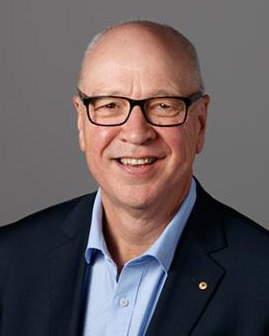
Professor Peter Dawkins AO, Director, Jobs and Skills Australia (JSA), and Natasha Yemm, Assistant Secretary, Domestic Skills System, Jobs and Skills Australia provided an overview of the JSA’s functions with a core feature being the identification of Australia’s current, emerging and future labour market, skills and training needs.
The presentation highlighted recent work in identifying occupations projected to be most impacted by automation in the future, with Dressmaking, Clothing Patternmakers and Sewing Machinists featuring in the top three. Meanwhile, Ministers of Religion, Educational Psychologists and Nurse Educators are projected to be the occupations least impacted by automation. It was noted that occupations predicted to be the most automated in the future, will be the occupations with the least growth.
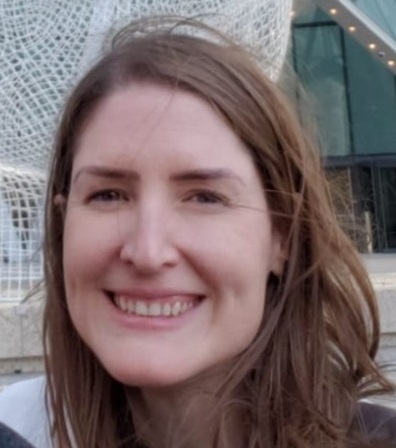
The JSA’s research examined how advancements in AI and Generative AI have the potential to disrupt the labour market and augment work tasks that were previously not automatable by available technologies. One of the ways the JSA is doing this is by using AI in the process of developing content and metadata to better analyse and describe the Australian Skills Classification as it relates to Core Competencies which identifies the interconnectedness between skills and jobs. The JSA is undertaking a review of the Core Competencies and in doing so are considering multiple approaches. One approach is generic, which is removing occupation specific language, and the other is workstyles, which involves the creation of multiple sets of anchor values with industry or work style specific examples.
Through a tri-partite engagement between the Consultative Forum, State and Territory Working Group, and Jobs and Skills Councils, JSA provides evidence-based advice on Australia’s skills needs and the adequacy of the skills system in meeting those needs.
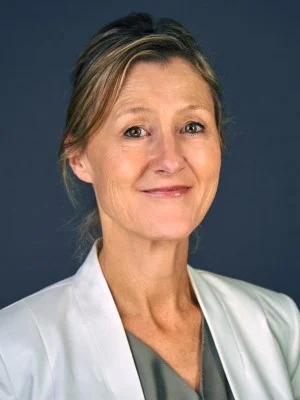
Anne Younger, General Manager – Policy and Projects, Ai Group Centre for Education and Training, provided key findings from the World Economic Forum’s 2023 Future of Jobs Report, which had Ai Group as the Australian survey partner.
The report, representing 803 companies globally and 11.3 million employees, targeted C-Suite executives and sought to understand the macro-trends and their impact on the workforce, skills and the strategies businesses intend to use over the 2023-2027 period.
The report identified the key drivers of business transformation and ranked them as likely or increasingly likely in the next 5 years. Increased adoption of new and frontier technologies (86.6%) and Broadening Digital Access (86.1%) were identified as the most likely drivers. The report found that technology is not only expected to be a major job-displacer but also a creator of new jobs in the next 5 years.
The survey explored the level of skill disruption expected over the 2023-2027 period and found that employers are expecting an easing in labour market churn, with 56% of core skills expected to remain stable.
Surprisingly, however, the survey found that 6 in 10 workers will require some form of training before 2027. Business strategies to meet skills shortages will require training of existing workers and an acceleration of automation processes.
Overall, the findings indicate that Australia looks resilient and well positioned to meet the challenges predicted in the next 5 years.
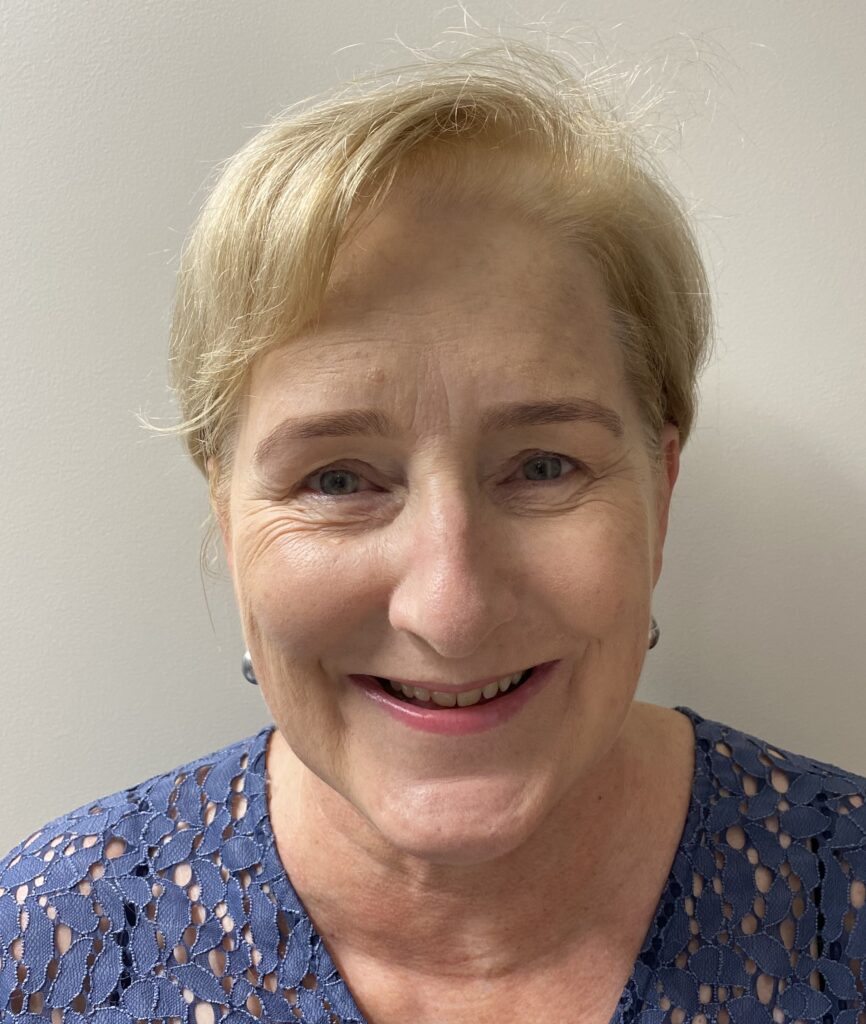
Jill Lawrence – Senior Policy Advocate, Chartered Accountants, Australia and New Zealand (CA ANZ), and Dr Catriona Lavermicocca, Head of Teaching and Learning, CA ANZ provided insights into how CA ANZ members are embracing Generative AI, particularly in teaching and learning programs and Continuous Professional Development (CPD). Key considerations have been the skills of learners to adopt AI, ethical issues including the reliability of data, and the skills of staff to employ technology and AI.
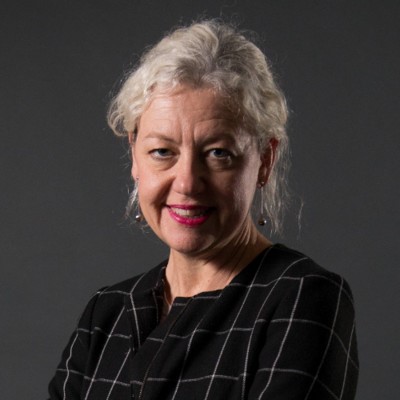
CA ANZ members are utilising AI for the generation of “friendly content” such as generation of emails, templates and standard documents. The benefits for members have been immense with the focus on “sense checking” the output and personalising documents.
Roundtable Discussion
ACoP members and attendees explored issues related to ethical standards in the use of technology and AI. Discussions also explored the focus of education in the future and the need for it to concentrate on higher level skills as knowledge is increasingly digitised as well as the implications of this for the higher education sector.
Discussions noted he current review of higher education through the Australian Universities Accord, is exploring the role of the higher education sector in the development of skills. Disruption and technology, Generative AI, how universities will need to adapt to new technologies and how graduates will be best prepared with the skills needed for the future will be key themes in the final Universities Accord. The intersection between Vocational Education and Training (VET) and Higher Education (HE) will need to be far more effective to enable a forward-thinking ecosystem to meet the AI challenges of the future.
The discussion concluded with a consensus that in order to address the skills shortages of the future, Australia needs to increase the participation of equity groups in higher education. Technology will be key in enabling the success of more diverse groups participating in higher education in the future.
We look forward to convening future forums for our members and leaders of industry and exploring the impact of technologies on the professions and the way professionals work. In case you missed previous communications on this topic, you can locate these interviews with experts Dr Simon Eassom and A/Prof Klaus Veil on our website.